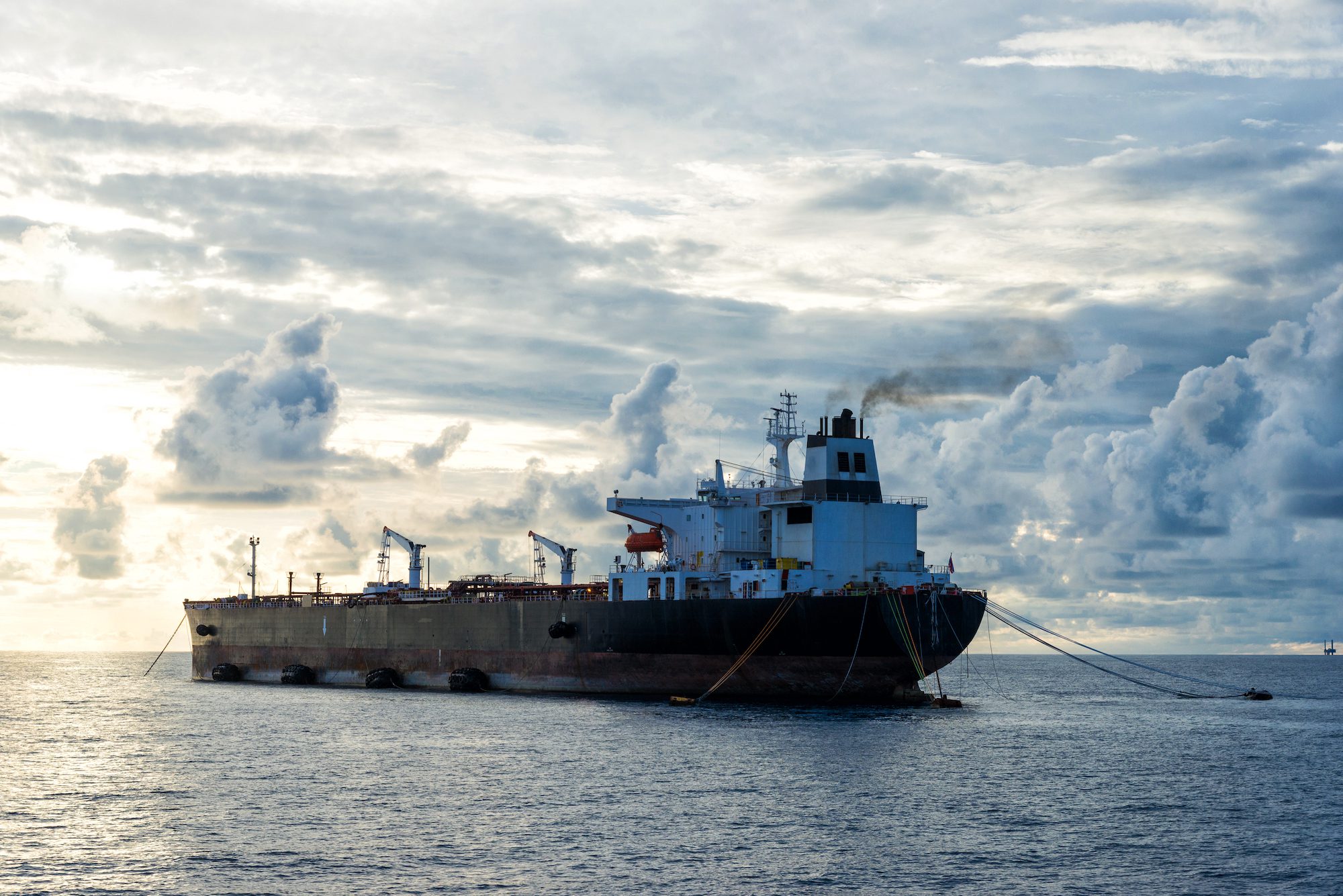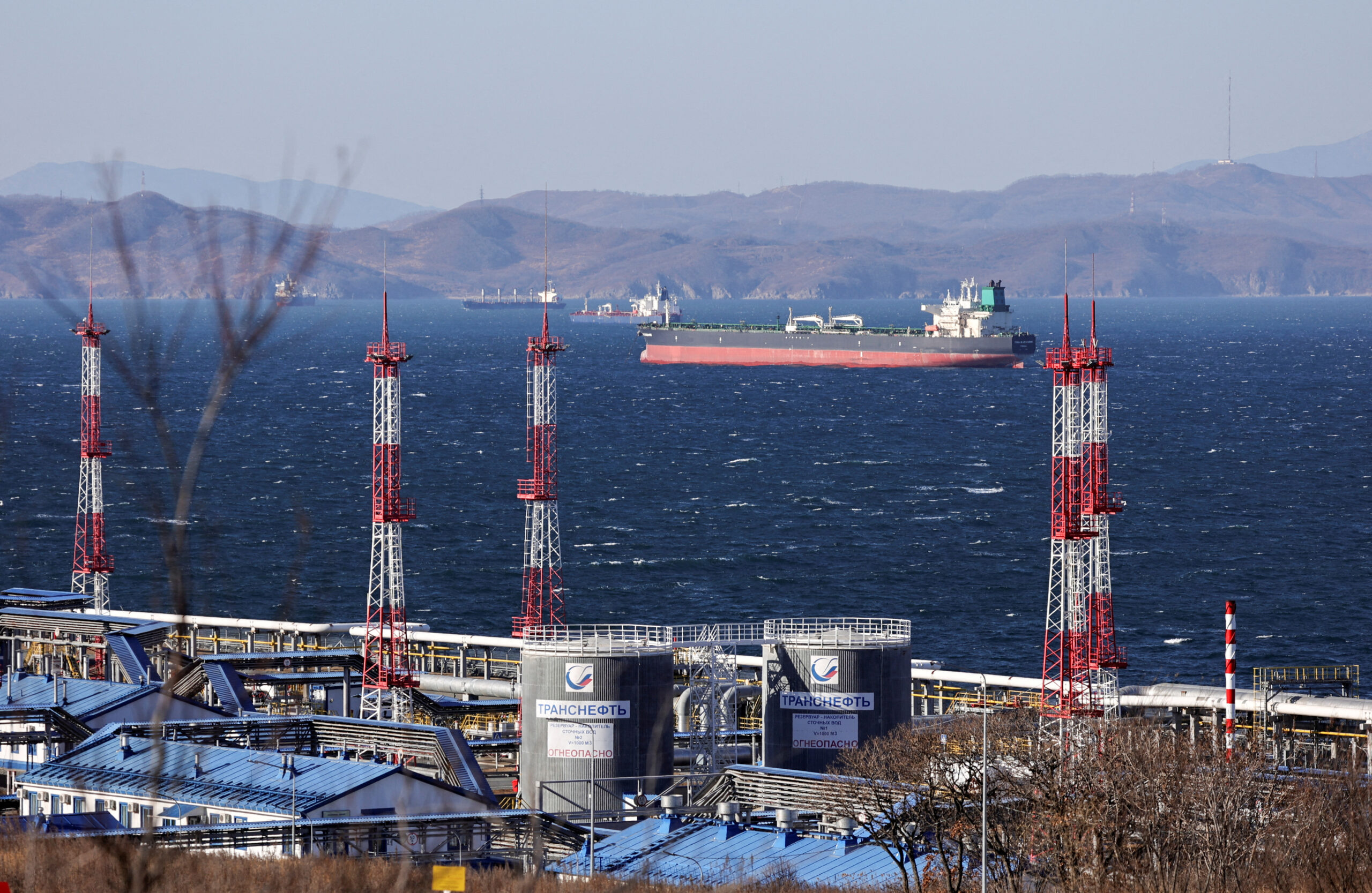Container ships sit in berths at the Port of Los Angeles, California October 15, 2014. REUTERS/Lucy Nicholson
 By Steve Gorman
By Steve Gorman
LOS ANGELES (Reuters) – Tension over prolonged labor talks between maritime shippers and the union representing 20,000 West Coast dockworkers has erupted in public as the two sides blamed each other for escalating cargo congestion at the two busiest U.S. container ports.
As of Tuesday, 14 freighters were anchored waiting for space to enter the twin ports of Los Angeles and Long Beach, where container cargo traffic has been backing up for about a month, delaying deliveries of last-minute holiday merchandise, port and retail officials said.
The number of cargo ships kept waiting outside the two ports ranged from about eight to 15 on any given day since the backups began around mid-October, said Phillip Sanfield, a spokesman for the Port of Los Angeles.
“On a normal day, we rarely have ships waiting at anchor unless they want to be there,” he said.
Los Angeles and Long Beach rank as the nation’s No. 1 and 2 container ports by volume, together handling 43 percent of all containerized goods entering the United States.
The congestion crisis there comes as labor negotiations between the International Longshore and Warehouse Union and the Pacific Maritime Association, representing terminal operators and ocean carriers, have dragged on well past the June 30 expiration of the dockworkers’ latest contract.
Management has accused the union of orchestrating work slowdowns by its members, first at ports in the Pacific Northwest, and then at Los Angeles and Long Beach, to create leverage at the bargaining table.
Union officials acknowledge that individual dockworkers may be acting out their frustration over the pace of contract talks, but deny organizing protest delays. They point to other factors that port officials cite as the main reasons for gridlock.
Chief among them is a chronic shortage of tractor-trailer chassis used for hauling cargo containers out of the ports, a situation created when shipping lines decided to sell off their chassis to equipment leasing companies.
Union and port officials also cite the arrival of peak cargo season and record import levels, a shrinking labor pool among truckers, rail service delays and the advent of super-sized container vessels delivering greater cargo volumes that need to be unloaded all at once.
“It’s been kind of a perfect storm,” Sanfield said.
Jonathan Gold, a vice president of the National Retail Federation, said retail stocking problems stemming from congestion at the ports would likely run into next year. (Additional reporting by Nandita Bose in Chicago; Editing by Peter Cooney)
© 2014 Thomson Reuters. All rights reserved.

 Join The Club
Join The Club










